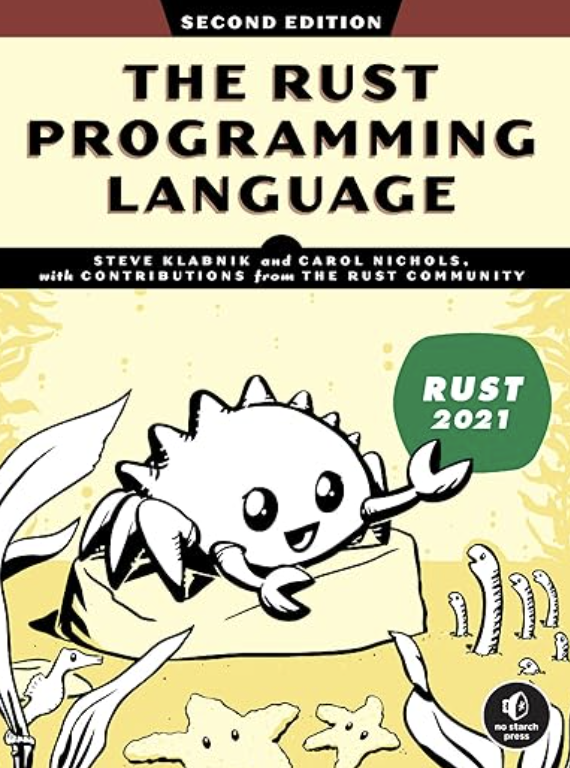Setting up GCC for the STM32F4 Discovery Board
A few days ago I wrote this post about the STM32 Discovery board and my experiences setting this board up with the IAR Embedded Workbench Kickstarter for ARM. In that post I mentioned that there are some free development tools available for this board, namely the GCC tool chain. I was going to leave these tools until I reached the point where I needed to remove the code size restriction which is in place for the IAR toolset.
Well I could not resist investigating this tool chain further.
Installing the Software
A quick visit to Google lead me to Hussam Al-Hertani’s blog where there are a number of articles which discuss setting up the GCC tool chain for the STM32F0 Discovery board. These three articles provide a comprehensive overview of the steps you need to follow:
- Part 1 – Setting up the GCC ARM Toolchain
- Part 2 – Setting up the Eclipse IDE
- Part 3 – Setting up Debugging with the Eclipse IDE (OpenOCD 0.6.x)
Also included on the blog is an overview of the GCC compilation process.
The two boards (STM32F0 and STM32F4) should be similar and so I decided to give the above a go and see if I could use the GCC tools with the STM32F4 Discovery board.
Installing the Tools
The installation process went reasonably well with only a couple of issues.
Part 1 – Setting up the GCC ARM Toolchain
The installation of the tools went according to the blog until we reached the instructions to compile the sample application. The main problem here was that the application would not compile due to missing header files. This problem was caused by the differences in the directory names and structure of the firmware libraries. The only changes required were to the include and library variables in the makefile.
Part 2 – Setting up the Eclipse IDE
Setting up Eclipse was completed without any issues.
Part 3 – Setting up Debugging with the Eclipse IDE (OpenOCD 0.6.x)
Setting up OpenOCD and connecting this to Eclipse was also straightforward.
Creating A New Example
Remember this code:
GPIO_InitTypeDef GPIO_InitStructure;
RCC_AHB1PeriphClockCmd(RCC_AHB1Periph_GPIOD, ENABLE);
int flag = 0;
GPIO_InitStructure.GPIO_Pin = GPIO_Pin_0;
GPIO_InitStructure.GPIO_Mode = GPIO_Mode_OUT;
GPIO_InitStructure.GPIO_OType = GPIO_OType_PP;
GPIO_InitStructure.GPIO_Speed = GPIO_Speed_100MHz;
GPIO_InitStructure.GPIO_PuPd = GPIO_PuPd_NOPULL;
GPIO_Init(GPIOD, &GPIO_InitStructure);
while (1)
{
if (flag)
{
GPIO_SetBits(GPIOD, GPIO_Pin_0);
flag = 0;
}
else
{
GPIO_ResetBits(GPIOD, GPIO_Pin_0);
flag = 1;
}
}
In order to generate a new example we start with the code we have compiled and working. There are very few changes required. Theses are main made in the make file. We remove the files which are not required and then verify that the libraries and include files can be accessed by the compiler.
The final change is to replace the code in main.c with our code above.
Compilation and deployment from within Eclipse went as expected and the application ran with no issues.
How About Debugging?
With Eclipse open and the above project loaded I set a breakpoint on the first line of the application. Starting the debugger stopped the application at the first line of code – things are looking good. Single stepping also appeared to look as though it was working well at first. A few lines further on and this is where the issues started. The debugger and the line of source code started to get out of step. The IDE would skip a line of code in a consistent manner. It looks like the debugger information is slightly out of sync with the breakpoints. After spending a little time looking at this I found that the original makefile I have been using had the optimisation level set to -Os. The debugger/IDE started to behave as expected when I changed this to -O0.
Conclusion
The installation of the GCC development environment was simple enough and the instructions on Hertaville are comprehensive and well worth visiting. It is always good to have a free unlimited development environment.
Change Log:
- 10th March 2013: Added additional information about the optimisation flag in the build file.
Tags: Electronics, Software Development, STM32
Friday, March 8th, 2013 at 4:38 pm • Electronics, Software Development, STM32 • RSS 2.0 feed Both comments and pings are currently closed.
